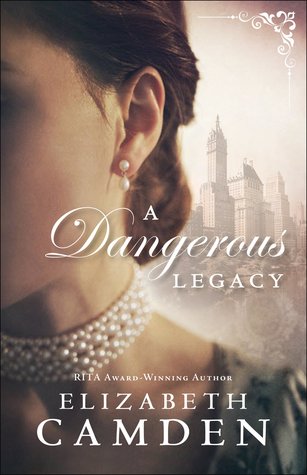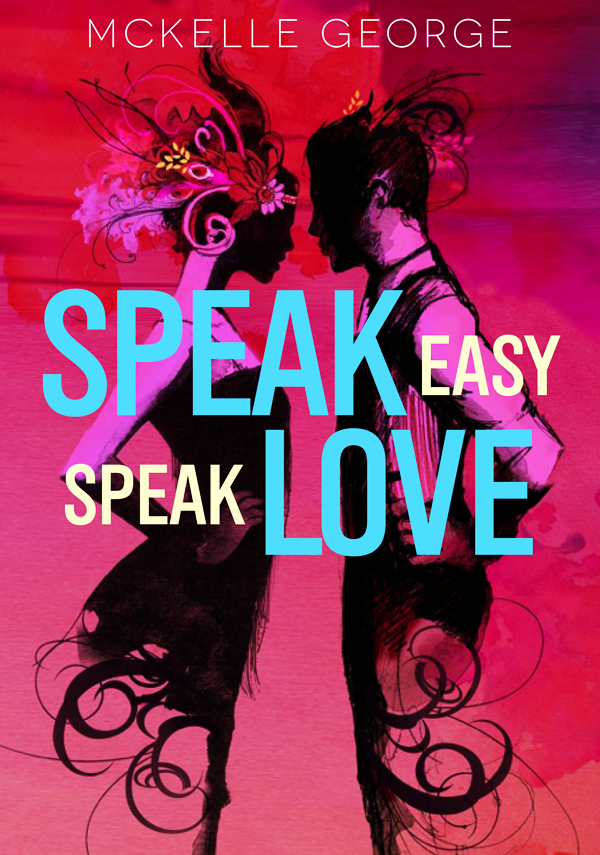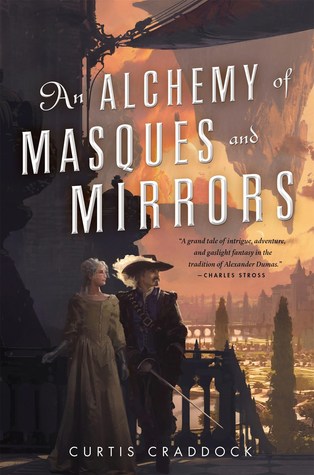“A Christian has no business being satisfied with mediocrity. He's supposed to reach for the stars. Why not? He's not on his own anymore. He has God's help now.”
Our art should be as the landscape of a garden, the crafted spires of a cathedral, the dissonant and eerie chord that strikes the prelude of a symphony. And, of course, our words. Catherine Marshall's literary offering is beautiful and challenging--- a sermon on page.
I believe that love is the most creative force in the world, says Neil MacNeill and Marshall herself must have backed up her fictional theology, using the finely wrought tale of a well-sculpted Appalachian world to speak her Gospel and truth in love...
oh yes, Truth! Truth and doubt and fighting and depression and anxiety and disbelief. Candor, the book reminds us, is as essential to approaching God's throne as reciting scripture perfectly or, in my childhood, speaking in Holy Tongues (stop, Rachel, your Pentecostal background is showing ;) )
“Some of what I wrote bordered on blasphemy....If there was a God, He would have to be truth. And in that case, candor--however impertinent--would be more pleasing to Him than posturing.”
There are few books in the world that have shaped my faith perspective and worldview the way Christy has. I didn't read it in childhood, rather in the summer between high school and university.
I would be leaving home. I would be leaving my small town and the congregation my dad had pastored at for years. I would leave the soft cocoon of safety in theological tenets and evangelism. I was a girl finally confronted with the prospect of having to figure out my beliefs beyond the traditions and trajectory of my role as a small town pastor's daughter. I was moving to the big city-- to Toronto-- I had to figure out, once and for all, what I believed.
Christy reached me at this integral moment in my life. Indeed, I credit Catherine Marshall, Dorothy L. Sayers and Lynn Austin for saving my faith at its weakest moments. When I could not find God in the traditional Church sphere, I sought him in words. And Christy herself mentions this great gift of being able to approach uninhibited.
As a reader and a romantic, Christy shaped my ideal man: Neil MacNeill helps Christy sharpen her own convictions and find her voice. His faith in her inspires her to find a deeper and stronger faith of her own. While David stumbles around with his own limitations, agnostic Neil MacNeill believes Christy has a fire and a worth beyond her recitations of Quaker Alice Henderson, to whom she holds great regard. MacNeill is a man of science who cares deeply for his mountain home and its people in the same reckless way in which Christ bestows His love for us--- the parallels--- and Marshall's brilliance in grafting the world of grace and logic is one of the many layers of this intricate world.
David Grantland, on the other hand, the seemingly perfect and perfunctory Preacher is forced to reconcile the pulpit with the heart and hands an impoverished ( and sometimes feuding) community needs.
(Also, it's darn funny. Find other books that so brilliantly describe a stupid donkey named Theo or pigs or moonshine, or the first time Christy attends a backwoods wedding and the consummation to be witnessed by the entire Cutter Gap community.
On and on, the CBA community rails against the purity of CBA fiction and how we need grittier subject matters and realism addressed. Ironically, it is one of the first books thus labeled ( so influential the highest award lauded in the CBA community is named for the book), that digs deep---into premarital sex, into a woman led astray by a man who is supposed to be a spiritual crux, of a mountain community where the birds and the bees are a part of life. There is nothing about Christy that is hoisted on platitudes. She is a real woman with a real soul and questions...
oh my heavens! The questions. If ever I felt that my faith had to be infallible. If ever the construct of my childhood inspired me to keep any doubts to myself, Christy Huddleston voices them and then some... I learned that to falter was to trip closed to God. I learned that God wants us to doubt and rail and seek so that we will find Him greater still.
But, here I am talking about it on and on from my Christian worldview when it is one of the rare books that will equally appeal to nonbelievers. For all of Christy's wondering as to the Gospel, her world is intercut with normal flesh and blood people to whom grace is extended but little deserved. These are not the types of characters one would hold on a platform: one of Christy's greatest life lessons is learning that Alice Henderson is just human. It is only God who is perfect, we must find our own limitations to recognize and stretch the depth of His grace.
Christy should be a springboard to seek the mind and heart of Catherine Marshall on a deeper level. She is a portal through which we can find the questions that so often shape our minds as we navigated this Through -a -Glass- Dimly world of complex faith. I encourage readers of faith to seek out all of her non fiction. Beyond Our Selves, especially, found me at a crisis moment and was more than a balm.
When people ask about my favourite books, I have dozens and dozens to list -- for many different reasons --- but Christy is a slice of my heart. It was a pivotal book that met its reader at a pivotal moment.
And now a superficial note:
Christy has long been plagued with awful covers. It sounds trite, but honestly! Thank heavens that Evergreen Publishing has honoured the momentous anniversary of this classic ( and I do not use that term lightly), in a bound hardcover you will not be embarrassed to be caught reading on the subway.
This Christmas give yourself a treat, fall into the poetic world of Christy: it resonates with pitch-perfect vernacular, its Appalachian verisimilitude is as deftly layered as the music of its language and its central love story has shaped my romantic conceptions throughout my life.
With thanks to Litfuse the review. Learn more here:


I would be leaving home. I would be leaving my small town and the congregation my dad had pastored at for years. I would leave the soft cocoon of safety in theological tenets and evangelism. I was a girl finally confronted with the prospect of having to figure out my beliefs beyond the traditions and trajectory of my role as a small town pastor's daughter. I was moving to the big city-- to Toronto-- I had to figure out, once and for all, what I believed.
Christy reached me at this integral moment in my life. Indeed, I credit Catherine Marshall, Dorothy L. Sayers and Lynn Austin for saving my faith at its weakest moments. When I could not find God in the traditional Church sphere, I sought him in words. And Christy herself mentions this great gift of being able to approach uninhibited.
As a reader and a romantic, Christy shaped my ideal man: Neil MacNeill helps Christy sharpen her own convictions and find her voice. His faith in her inspires her to find a deeper and stronger faith of her own. While David stumbles around with his own limitations, agnostic Neil MacNeill believes Christy has a fire and a worth beyond her recitations of Quaker Alice Henderson, to whom she holds great regard. MacNeill is a man of science who cares deeply for his mountain home and its people in the same reckless way in which Christ bestows His love for us--- the parallels--- and Marshall's brilliance in grafting the world of grace and logic is one of the many layers of this intricate world.
David Grantland, on the other hand, the seemingly perfect and perfunctory Preacher is forced to reconcile the pulpit with the heart and hands an impoverished ( and sometimes feuding) community needs.
(Also, it's darn funny. Find other books that so brilliantly describe a stupid donkey named Theo or pigs or moonshine, or the first time Christy attends a backwoods wedding and the consummation to be witnessed by the entire Cutter Gap community.
On and on, the CBA community rails against the purity of CBA fiction and how we need grittier subject matters and realism addressed. Ironically, it is one of the first books thus labeled ( so influential the highest award lauded in the CBA community is named for the book), that digs deep---into premarital sex, into a woman led astray by a man who is supposed to be a spiritual crux, of a mountain community where the birds and the bees are a part of life. There is nothing about Christy that is hoisted on platitudes. She is a real woman with a real soul and questions...
oh my heavens! The questions. If ever I felt that my faith had to be infallible. If ever the construct of my childhood inspired me to keep any doubts to myself, Christy Huddleston voices them and then some... I learned that to falter was to trip closed to God. I learned that God wants us to doubt and rail and seek so that we will find Him greater still.
But, here I am talking about it on and on from my Christian worldview when it is one of the rare books that will equally appeal to nonbelievers. For all of Christy's wondering as to the Gospel, her world is intercut with normal flesh and blood people to whom grace is extended but little deserved. These are not the types of characters one would hold on a platform: one of Christy's greatest life lessons is learning that Alice Henderson is just human. It is only God who is perfect, we must find our own limitations to recognize and stretch the depth of His grace.
Christy should be a springboard to seek the mind and heart of Catherine Marshall on a deeper level. She is a portal through which we can find the questions that so often shape our minds as we navigated this Through -a -Glass- Dimly world of complex faith. I encourage readers of faith to seek out all of her non fiction. Beyond Our Selves, especially, found me at a crisis moment and was more than a balm.
When people ask about my favourite books, I have dozens and dozens to list -- for many different reasons --- but Christy is a slice of my heart. It was a pivotal book that met its reader at a pivotal moment.
And now a superficial note:
Christy has long been plagued with awful covers. It sounds trite, but honestly! Thank heavens that Evergreen Publishing has honoured the momentous anniversary of this classic ( and I do not use that term lightly), in a bound hardcover you will not be embarrassed to be caught reading on the subway.
This Christmas give yourself a treat, fall into the poetic world of Christy: it resonates with pitch-perfect vernacular, its Appalachian verisimilitude is as deftly layered as the music of its language and its central love story has shaped my romantic conceptions throughout my life.
With thanks to Litfuse the review. Learn more here:
About the book:

New edition of Catherine Marshall's inspirational classic!
The train taking nineteen-year-old teacher Christy Huddleston from her home in Asheville, North Carolina, might as well be transporting her to another world. The Smoky Mountain community of Cutter Gap feels suspended in time, trapped by poverty, superstitions, and century-old traditions.
But as Christy struggles to find acceptance in her new home, some see her - and her one-room school - as a threat to their way of life. Her faith is challenged and her heart is torn between two strong men with conflicting views about how to care for the families of the Cove.
Yearning to make a difference, will Christy's determination and devotion be enough?
About the author:

Catherine Marshall (1914-1983), The New York Times best-selling author of 30 books, is best known for her novel Christy. Based on the life of her mother, Christy captured the hearts of millions and became a popular CBS television series. Around the kitchen table at Evergreen Farm, as her mother reminisced, Catherine probed for details and insights into the rugged lives of these Appalachian highlanders. Catherine shared the story of her husband, Dr. Peter Marshall, Chaplain of the United States Senate, in A Man Called Peter. A decade after Dr. Marshall's untimely death, Catherine married Leonard LeSourd, Executive Editor of Guideposts, forging a dynamic writer-editor partnership. A beloved inspirational writer and speaker, Catherine's enduring career spanned four decades and reached over 30 million readers.









